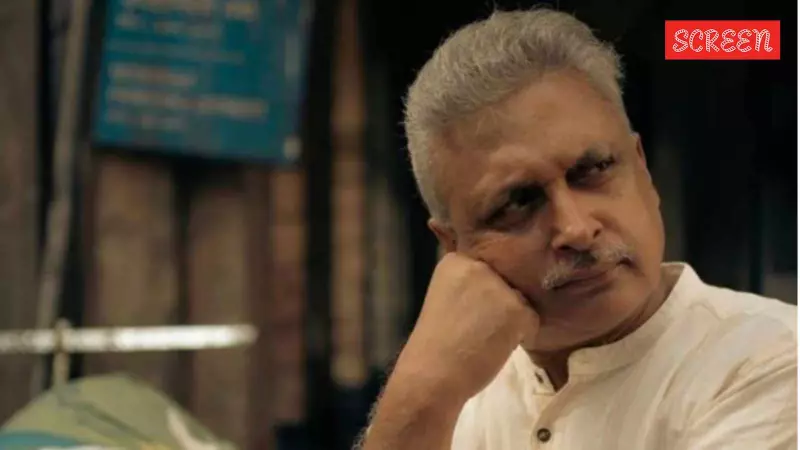
Veteran actor and lyricist Piyush Mishra has launched a sharp critique against the growing culture of massive entourages in Bollywood, calling it unnecessary and reflective of a 'strange reality' that has engulfed the Hindi film industry. In a recent interview, Mishra contrasted this with his positive experiences working in South Indian cinema where actors maintain greater simplicity.
The Absurdity of Excessive Security and Assistants
Speaking candidly to Curly Tales, Mishra expressed bewilderment at the practice of stars traveling with extensive teams. 'People live in hangups, they have a lot of tantrums,' he stated. 'Their entourage is so long. Almost 8-9 people will come with them, they will walk with at least 12 bodyguards but why do you need these many bodyguards? You are a single person. Who is coming to kill you?'
The multifaceted artist contrasted this with his own modest requirements, noting that he manages with just one assistant and one makeup artist. He questioned the need for specialized personnel for every minor task, mentioning specifically 'one person is to drink with you, one is to give you a drink, one is to comb your hair, one is to do your makeup.'
Ranbir Kapoor: The Exception to the Rule
Amid his criticism of industry trends, Mishra reserved special praise for Ranbir Kapoor, with whom he worked in Imtiaz Ali's 2015 film 'Tamasha'. He described Kapoor as 'ghazab' (amazing) and highlighted the actor's professional demeanor despite his massive stardom.
'He doesn't have any tantrums because he knows he's such a big star,' Mishra emphasized. 'He has no hangups. He is my favourite actor.' The veteran performer clarified that he has never witnessed Kapoor behaving pretentiously or making unreasonable demands, making him a rare exception in an industry increasingly characterized by excessive star behavior.
Directors Confirm Extravagant Demands
Mishra's observations find support from prominent filmmakers who have previously spoken about similar issues. Director Sanjay Gupta had earlier revealed astonishing details about one particular actor's requirements, though he refrained from naming the individual.
Gupta described an actor who travels with six mandatory vanity vans, each serving a specific purpose:
- The first van serves as personal space where 'saab nanga baithte hain' (sir sits naked)
- The second van is dedicated to makeup and hairstyling
- The third van is reserved for meetings
- The fourth van contains a complete gym setup
Gupta further explained that each van comes with its own support staff, including trainers, assistants, drivers, and maintenance personnel, significantly inflating production costs without contributing directly to filmmaking.
Similarly, acclaimed director Anurag Kashyap had highlighted the exorbitant costs associated with celebrity chefs, noting that some stars employ chefs charging Rs 2 lakh per day to prepare specialized healthy meals. He also mentioned instances where production teams had to send vehicles on three-hour journeys from jungle locations to fetch specific five-star burgers for demanding actors.
South Industry Praised for Professionalism
Mishra particularly appreciated his experiences working in the South Indian film industry, where he noted actors demonstrate greater professionalism and fewer airs. He observed that Southern stars don't 'live in hang-ups' or 'throw around their weight as stars,' creating a more focused and efficient working environment.
This contrast between the two film industries highlights what Mishra characterizes as the 'strange reality' of Bollywood, where excessive spending on peripheral elements has become normalized despite adding little value to the creative process.
The ongoing discussion about entourage costs and star demands raises important questions about resource allocation in film productions at a time when the industry faces increasing budget pressures and calls for greater fiscal responsibility.






